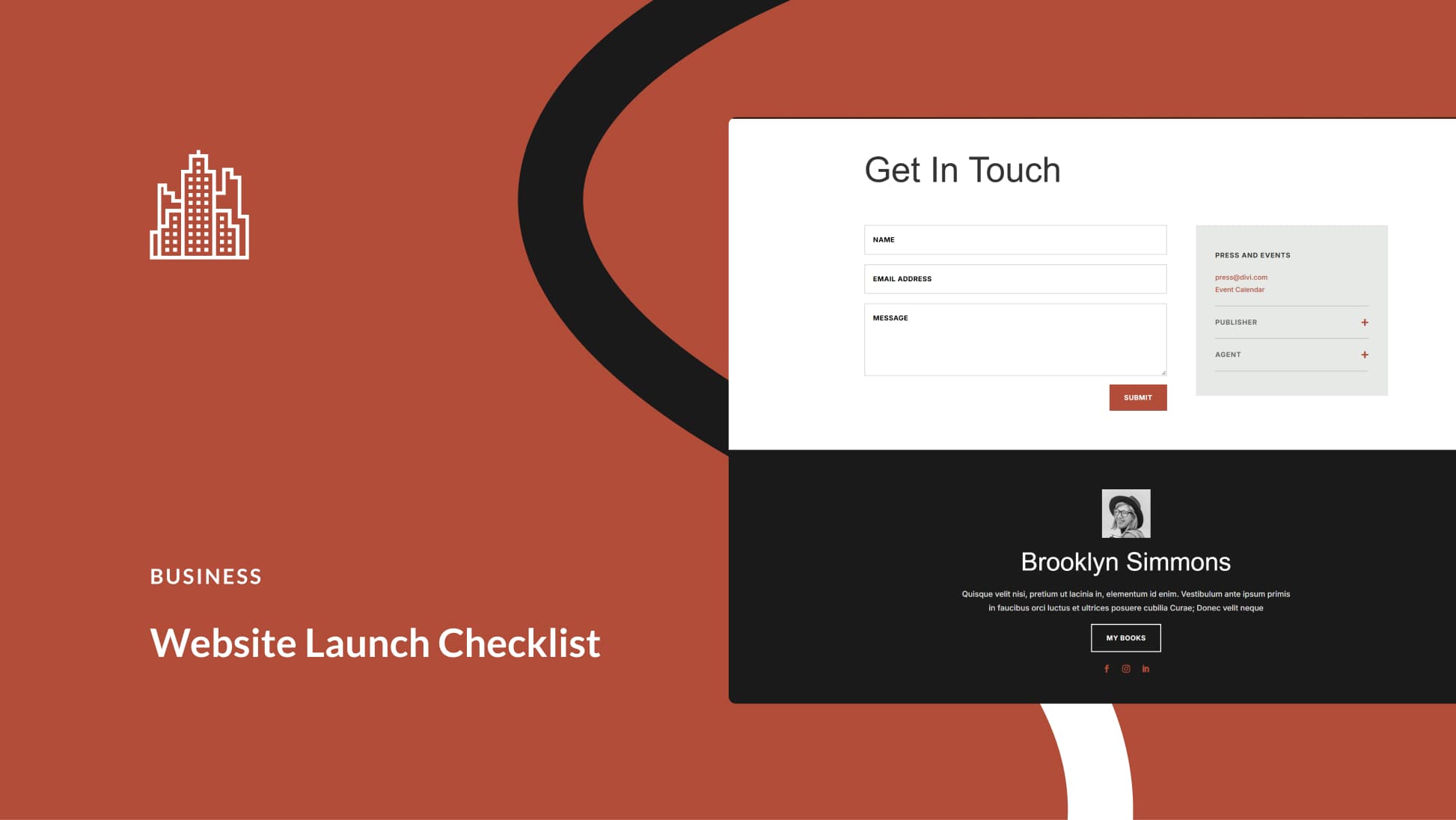We all have an idea of what the perfect worker looks like. They’re usually polite, on time, responsible, and productive – a potent combination. However, there are also a number of so-called bad personality traits. On the surface, they’re considered ‘negative.’ However, they can actually be an asset to both the employee and their company.
Learning what those traits are and how to harness them without creating a toxic workplace can drastically increase your earning potential, and help you advance your career. In this article, we’ll discuss why this is, before taking a look at four bad personality traits and discussing how you can get the most out of them.
Let’s get to it!
Why Negative Personality Traits Can Be a Boon in the Workplace
There are a lot of personality traits we associate success in the workplace. For example, dedication is a trait that often leads to great results. Other examples of positive personality traits in the workplace include the ability to work in a team, being able to accept criticism, and more. However, these traits can have negative connotations as well.
To give you an example, let’s say you’re too accepting of criticism and lack self-awareness. You might do something well but still choose to believe it when you receive unwarranted criticism. Likewise, being a team player is great, but if you don’t know when to take command of a situation, it can backfire.
The point is, although there are some personality traits we commonly consider negative, they can actually help under the right circumstances. To be clear, when we discuss embracing some of the negative personality traits we’ll explore in the next section, we mean you should do so without radiating that negativity. No one likes a toxic workplace, so keep this in mind while we discuss how to turn these traits to your advantage.
4 Bad Personality Traits That Can Help You Do Your Job Better
Taken out of context, none of these traits are something we want to be a part of our characters. However, when it comes to your career, they can actually help you advance it under the right circumstances. Let’s explore them!
1. Disloyalty
In times gone past, it was common for employees to start working at a company and never have another job. In many cases, you were promised career advancement and wage raises, and generally knew that the company would take care of you.
However, the days of company loyalty are over. Studies show the best way to maximize your earnings is to switch jobs every couple of years. This goes double if you’re in the tech sector, where job-hopping is seen as par for the course.
Of course, you should exercise some restraint and refrain from submitting your CV five minutes after landing a new job. However, what you should be doing is expanding your skillset with each new position you take on. While you’re doing this, you can explore whether there are growth opportunities at your current job.
If the prospects aren’t great, you could do the work, help out your team, and move on after a year or two if you find a position that pays you more. Big companies can easily replace practically anyone on a team, so it makes sense to put yourself first in these scenarios – which brings us to negative trait number two.
2. Selfishness
Ideally, every person in a company would work together in perfect sync to achieve their goals. However, since we don’t live in a Disney movie, this isn’t always the case.
In real life, most people within any workplace are primarily concerned with their own interests. This means they’re constantly considering how to get ahead, make a better impression, increase their earnings, and more. In some cases, it will come at your expense.
It sounds bad, but doesn’t mean that you can’t cooperate with other people in your office, or grow to trust them. However, what it does mean is that in most cases, no one will put your interests above theirs in a business setting. As long as you’re aware of this and act accordingly without sabotaging your coworkers, you should be golden.
If you’re lucky, though, you may find that someone with more experience than you wants to become your mentor. For most careers, a mentor can be a wonderful source of advice, so if the opportunity arises, you should seize it!
3. Laziness
Being lazy is almost always a terrible thing – you put off important tasks and don’t deliver the best work you can, which naturally doesn’t pay off in the workplace. However, there’s a particular type of laziness that can be a powerful tool for work – when you’re inspired to find more efficient ways to fulfill tasks so you don’t have to work as hard. It’s ultimately the difference between trying to lift a heavy object by hand, or via a machine.
The key to harnessing the full power of your laziness is being able to determine when it’s okay to take shortcuts. For example, if your job involves a lot of repetitive tasks, those are prime candidates for automation. This in turn can leave you with more time to spend on more fulfilling work (or browsing around the web while pretending to be productive.)
Keep in mind – lazy shortcuts don’t work for all kinds of tasks. If you find there’s something needing your full attention to get right, you’ll definitely need to kick your laziness to the curb while you get it done.
4. Shamelessness
Earlier on, we talked about how most people are fairly selfish in the workplace, and we explained why this isn’t necessarily a bad thing. However, it also means that you need to be your own advocate if you want to stand out among your peers, which is where shamelessness comes in.
In short, you should be accustomed to singing your own praises. However, shameless self-promotion can be a powerful tool to promote yourself or your projects. It’s actually one of the reasons why narcissists can be found at the top of the career ladder – they have no compunctions when it comes to shamelessness.
As always, there’s a line you shouldn’t cross, though. A little bit of shameless can help you paint yourself in a good light. However, it can make you insufferable if you overdo it and it’s a quick way to turn the entire office against yourself.
Conclusion
No one wants a lazy employee. However, in some cases, it’s this precise laziness that leads to breakthroughs in developing more efficient processes (all in the name of doing less work). Of course, as long as you add a dash of motivation and general talent on top.
In this post, we’ve looked at four bad personality traits that can help you get ahead in the workplace. Let’s recap them:
- Disloyalty.
- Selfishness.
- Laziness.
- Shamelessness.
What bad personality trait do you think can help you become better at your job? Share your thoughts with us in the comments section below!
Article thumbnail image by GoodStudio / shutterstock.com









Love this perspective of seemingly ‘negative’ traits used for good. Too often we get down on ourselves for ‘bad’ traits. Yet, I think they are just an indicator to what our unique design is and how we can potentially contribute to an organization or to our clients. Thanks for this article!
On Laziness: In general it’s better to work smarter as opposed to harder. In college, I worked as a technical illustrator making drawings for manuals (ink on mylar). At one point, my boss came to me with a stack of graphs – about 200 of them – that needed to be reformatted to different proportions and cleaned up (before digital tools). I was a bit peeved that he gave them to me as it was pure brain-numbing grunt work. I asked him why he gave them to ME instead of one of the other draftsmen, and he said, “If I give it to someone else, they’ll take forever to get it done. You hate this kind of thing, so I know you’ll figure out a way to get it done dramatically faster …” and he was right – I did figure out a workflow that got it done in about 20% of the estimated time.
On Self-Promotion: Never, ever, assume your boss knows what you do or what you’ve accomplished. Never. Do not pride yourself in being a “silent, competent, force for good” in the workplace – they WILL NOT see this: I worked as a Lead Artist in the games industry in a 100-employee company. The IT guy left, and I took on the role of IT department on top of my work as a Lead Artist / Mentor. I built all of the workstations and servers, ran cabling, did software and hardware support, worked with outside vendors, etc, and would even come in on Sundays early in the morning to do server maintenance so as not to take the network down during work hours (this is in addition to meeting my artist deadlines and responsibilities). After doing this for 6 years, one day my boss called me into his office – the CEO of the company was there as well. In a nutshell, they said “We’re concerned because it seems that you don’t really *do* anything …” – and it suddenly hit me that I had never mentioned ANY of what I was doing to my boss – none of the IT, none of the Mentoring, none of the training videos I made. I was doing it all in the background without any oversight. They thought that the network just maintained itself – that it hadn’t been down in 4+ years because of “divine intervention” – and that the noobs were just getting better through osmosis, etc.
You have to toot your own horn – even if it’s just by giving your boss a summary of what you’ve accomplished every week – because they WILL NOT NOTICE the little things you do under the radar. It’s human nature to only worry about the problems: stuff that is working is not a “problem” – so they don’t pay attention to the people who keep it that way.
Great comments, Joe W! My experiences – as an employee AND as a boss, say you’re spot on.
Very Ayn Rand!… I can see this title and article working well for getting clicks and reads but I don’t think it’s quite accurate representation of the positives you are encouraging people to embrace.
Independence ≠ disloyalty
Self Respect ≠ selfishness
Efficiency ≠ lazyness
open honesty ≠ shamelessness
Honestly the best business advice I’ve ever read is right out of the Bible- love others more than yourself- read that: really empathize, understand what other people really want and need, and try to serve them in that way. You will become an invaluable asset to the people you work for and with if you do that and they will offer to help you advance. They will worry about loosing you as an asset and compensate you more to stay! There will be a few who take advantage, you may have to stay “enough” from time to time. But most people will deeply appreciate it and it’ll be returned do you many times over… even in the SF tech market that I work primarily in.
Excellent observations, Joe Fioramonte! It is a definite struggle to establish and maintain our own (Biblical) values while trying to succeed in today’s mostly secular world. I agree, John Hughes in this article came up with a clever approach that ought to get a lot of clicks and reads, but he has also put an interesting twist on how we can take advantage of these character traits without compromising our values.
One more element of good business advice I have found also comes right out of the Bible, and it has to do with people skills. This advice applies to everyone, whether they are religious or not, and comes from Ephesians 4:28ff – it essentially says keep control of your mouth. Don’t say anything at all unless it helps someone else, lifts them up, makes them feel good, helps them be better. Or as your mother probably already told you, “If you can’t say something good, don’t say anything at all.” My experiences earlier in life have taught me that even things said in jest can often come back later to bite you in the keester.
But I agree that serving others more than yourself is critical. That doesn’t mean DON’T serve yourself (the point made in this article), just don’t make that your primary focus.
This thumbnail/lead image is culturally insensitive. I am not personally offended by this. But the image you used uses black faces to symbolize negative personality traits.
The image alludes to the fact that a non-black woman puts on a black mask to embody negative traits.
Given the amount of traffic and the diversity of the community. i would highly recommend revisiting this and also syncing with your content team to be more aware of these nuances that could offend some of your community members.
Two things you may find interesting:
Many decades ago, I attended an Air Force Small Computer conference at which one of the presentations was entitled, “The Guru and the Champion.” The point made in this session was that for any project to succeed, it had to have at least two people – or teams of people – the guru, who was the elbows-deep-in-code tech geek who built it, debugged it, and made it work, and the champion, who learned all the great things about this project, and shouted the greatness of it from the rooftops, promoting it to all who would listen. Without both of these elements, any project at all was doomed to failure.
In the intervening decades, I have found this to be true in many aspects of life.
The following year, I gave my own presentation at the conference. My presentation was on “The ZBasic Toolbox,” which was a series of several hundred subroutines written in Zenith Basic. The Zenith Z-248 was the only desktop computer in the entire Department of Defense at the time, because they had won the government contract.
In the introductory remarks to the presentation, I stated, “If necessity is the mother of invention, then laziness is certainly the father.” This is exactly the same point made by John Hughes in this article, which is that repetitive tasks are almost always great candidates for automation.
In other words, do a modicum of smart work today so you can avoid a ton of drudge work tomorrow.
awesome work and infomation .
very usefull for us .
actually in job you have to be smart enough to handle some situation in such a manner which is not ethical .
Excellent thinking,
i am a fresher and i am finding a best job for me and i read your article. your article will help me.